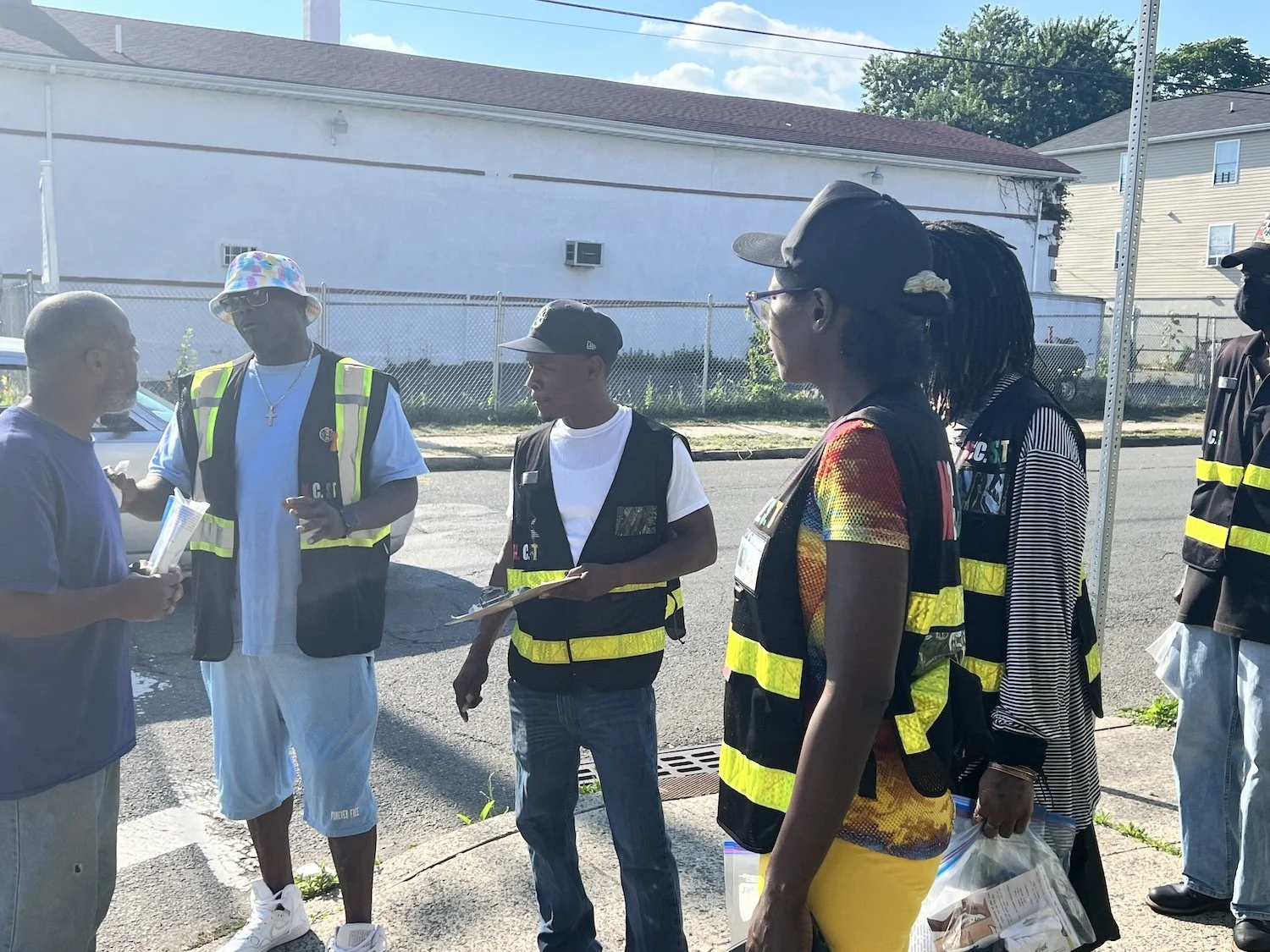Coding Behind Bars: How Some Funders Want to Prepare Inmates for Life on the Outside
/It’s a challenge that has vexed criminal justice reformers and policymakers for years: how to successfully reintegrate released offenders back into society. One idea that’s gaining traction, including with some top funders, is to teach inmates to code.
Released offenders face multiple barriers to successful reentry to society. Between limited education and skills, as well as potential employers unwilling to take a chance on people with criminal records, securing a job is one of those many obstacles. With over 600,000 people released from prison every year, some after serving extended sentences, this is no small issue. One study found that in Illinois alone, the cost of recidivism totaled $13 billion over five years.
As we’ve reported, foundations are tackling reentry challenges from multiple angles. Quite a bit of this work is happening locally, as funders focus on issues like access to housing, education and employment. Another thread of grantmaking supports policy and advocacy efforts to remove legal barriers that limit job opportunities for ex-offenders, such as state licensing rules that ban people who’ve already served their time from a huge swath of occupations.
An intriguing nonprofit in the reentry space is The Last Mile, a national organization that believes teaching technology skills is an avenue for helping inmates access secure and well-paid employment upon release. In 2014, The Last Mile began its coding program at California’s San Quentin penitentiary. Venture capitalist Chris Redlitz and his wife, Beverly Parenti, launched The Last Mile with the California Department of Corrections.
Redlitz got involved with this work after visiting San Quentin to give a short talk to inmates about business and entrepreneurship. He recalled later that he walked into the prison thinking the men wouldn’t “understand anything about the basic concepts of business or venture capital. I thought most inmates were uneducated and beyond the point of redemption.” Three hours later, Redlitz walked out as a changed man with a new mission. He recalls:
After I began speaking, I noticed that many of the men had '“the look” that I see in the eyes of founders and entrepreneurs in which we invest, but it was at a deeper level. These men had a look that reflected their primal hunger to learn, and deep desire to build a better life after they served their time.
He and Beverly founded The Last Mile not long after that, in 2010. Nationwide, nearly 500 men and women at a dozen prisons in four states have taken part in The Last Mile’s coding program. The program appears to be showing some success. In 2017, ABC News reported that none of the California inmates who had completed the coding program had returned to prison since release.
CZI founder Priscilla Chan, a physician and the wife of Facebook CEO Mark Zuckerberg, visited San Quentin and saw potential in the coding program there. With support from CZI, the George Kaiser Family Foundation, the Lobeck Taylor Family Foundation and the Oklahoma Department of Corrections, The Last Mile has expanded its coding program to Oklahoma’s Mabel Bassett Correctional Center for women. CZI reported that most of the 18 women in the program are mothers with less than three years remaining in their sentences.
“Our mission at The Last Mile is to provide marketable skills that result in gainful employment, because we believe that jobs are a critical component to successful reentry,” said Beverly Parenti. “When I learned that Oklahoma has the highest female incarceration rate, I knew we could have a significant impact on this population. The Last Mile’s coding program provides a multitude of opportunities for women, shifts perceptions, and returns graduates home to their communities and families in a positive way.”
Oklahoma has the nation’s highest incarceration rate. Its rate of women in prison is twice the national average, according to a CZI news release. These numbers translate into lots of people released who face reentry challenges. The Last Mile is working to get some of them ready for that transition.
Women at the Bassett Correctional Center in McLoud, Oklahoma, can enroll in the one-year coding program, which builds programming skills without access to the internet. Prison restrictions prohibit internet access. The Last Mile coding program utilizes a special platform that mimics the internet and provides a live coding experience.
While some states have embraced this program as a way to help inmates acquire marketable skills that will help them in the job market, ease their transition into life after release, and reduce recidivism, teaching computer skills has been a hard sell in other states. According to news site Muckrock.com, Michigan and Ohio ban books that aim to teach programming skills out of concern that such material threatens order in state prisons. Other states take a more lenient approach. Pennsylvania permits books related to computer programming and computer repair, but forbids books about illegal hacking.
While states are right to be cautious about the material they allow prisoners to access, there is an equally legitimate concern that states may be denying their inmates access to the education and skills that could better prepare them for life outside of prison and make them less likely to return. The Last Mile hopes that its growing number of success stories will reduce concern that teaching coding behind bars compromises prison security.







































